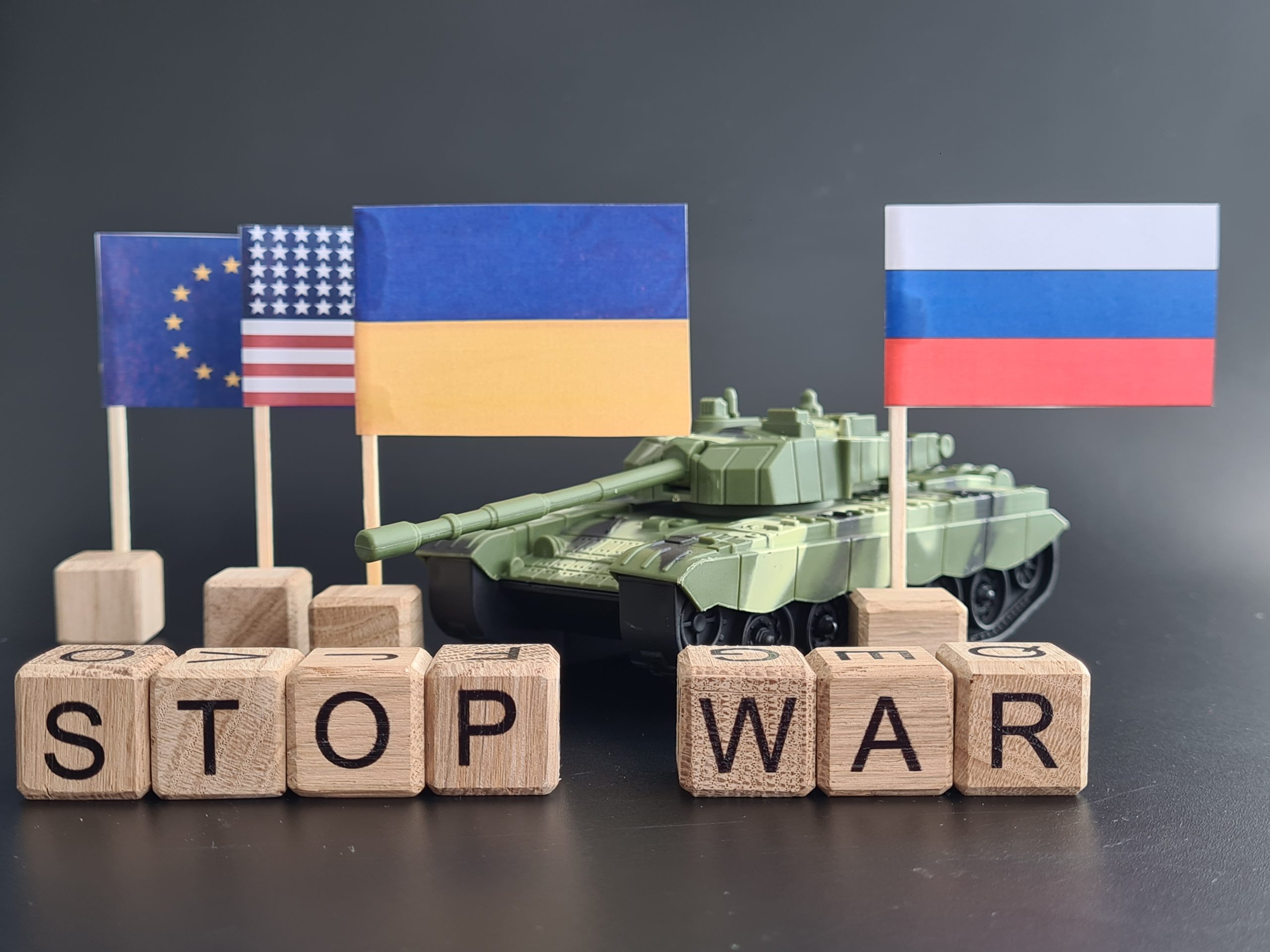After 5 years of resisting the breach of international law by the Kremlin, Western politicians have eventually intensified bringing Russia back on the table of their decision-making.
Last week “Interparliamentary dialogue for peace: Ukraine-Russia-Germany-France” took place in Paris. It was initiated by Viktor Medvedchuk but in fact, most probably – by Putin himself as Medvedchuk is only his proxy in Ukraine. This week Russian lawmaker Petr Tolstoy was elected as vice-president of the PACE despite his anti-Semitic and anti-Western views, and even despite the fact that Russia claims supremacy of internal law over international agreements.
This how Putin’s revenge looks like: his propaganda machine and money as instruments of meddling have created a divide between political groups within countries of Europe based not on the ideology or political vision but based on the attitude towards Putin. This even has created a divide within political groups themselves. For politicians it becomes impossible to negotiate over things of common interest because some of them reject, some appease, and some “accept” Putin. The attitude towards him became the criteria of right and wrong.
As Professor at Vistula University in Warsaw and an analyst with the Polish Institute of International Affairs Agnieszka Legucka put it “it is a challenge to talk about Russia and find the balance between security (including energy independence) and the box of useful idiots, spies, traitors or a Kremlin fifth column”. She gives a piece of advice to all who understand the danger of the unconditioned return of Putin’s Russia to the “club” of decision-makers of international relations.
- It is important to see and understand the “other Russia” – the people in Russia who disagree with the regime.
- We have to talk about Russia. If we do not talk about Russia, then others will decide on the policy towards it without us.
- We should learn how to convince others who have different strategic culture towards Russia. We need to have persuasive instruments that go beyond complaining. Since foreign policy is an art of persuading the national interest outside of the country, the ability to defend it externally is even more important than the interest itself.
Further, Agnieszka Legucka argues that a change in the West’s is not a result of the change in Russia’s behaviour. Instead of offering co-operation with the EU, the Kremlin has employed a strategy of coerced negotiations. Because the EU took a stand to not negotiate with the Kremlin, Putin intervened in Syria, in US elections, sent his Wagner “mercenaries” to Venezuela and Libya which deepened instability globally. Putin did all of this in order to force the EU to defreeze the negotiation process. Also, Donald Trump’s foreign policy, growth of the global role of China, EU’s Brexit (in which Kremlin played its divisive role) created “favourable situation for the Russian authorities who understood that the West is undergoing internal erosion and that Russia could benefit from a US-EU-China rivalry”.
“Improving relations with Russia without preconditions is naïve, short-sighted, and dangerous.
- Because the authorities have manipulated the Russian public with propaganda in its confrontation with the West. Thanks to this, they can justify the difficult economic situation and maintain support for its assertive foreign policy. The power elite in Russia fears the rebellion of those who can negate the existing political system. When voices in the West claim that we should forget about any democratic agenda in Russia, that means business even better than usual for the Kremlin. Vladimir Putin and his cronies, to be sure, are suffering the most from the sanctions imposed by the US and EU.
- The Kremlin is counting on deepening economic co-operation with the largest EU member states in order to change the EU’s position on sanctions. This would mean reducing the principle of selective engagement in favour of principles selected by Russia, encouraging the Russian authorities to continue aggressive policies that are incompatible with international law.
- The reboot of the cooperation will strengthen the Russian authorities’ conviction that the annexation of Crimea and support for separatism in Europe do not limit those actions in the long run.
The fact that the West will not set up preconditions does not prevent Russia from setting them. At first, Russia will ask for a lifting of sanctions, and then will wait for a silent (and, with time, de facto) recognition of Crimea as Russian territory. It would limit the effectiveness of the EU’s policy towards the Eastern Partnership countries who count on support but with difficult conditions of progress on internal reforms. Meanwhile, Russia will reward its partners in the EU who help break the deadlock (for example, it will repay Germany with cheap gas from Nord Stream 2). And once the German economy becomes more dependent on cheap Russian gas, Russia will gain a significant influence on the entire EU. The geographic distance will then be less important, and it could completely change the ways western states view Russia”
Cited from and full article of Agnieszka Legucka under the link https://neweasterneurope.eu/2020/01/28/how-not-to-be-a-useful-idiot-in-relations-with-russia






 UA
UA FR
FR DE
DE